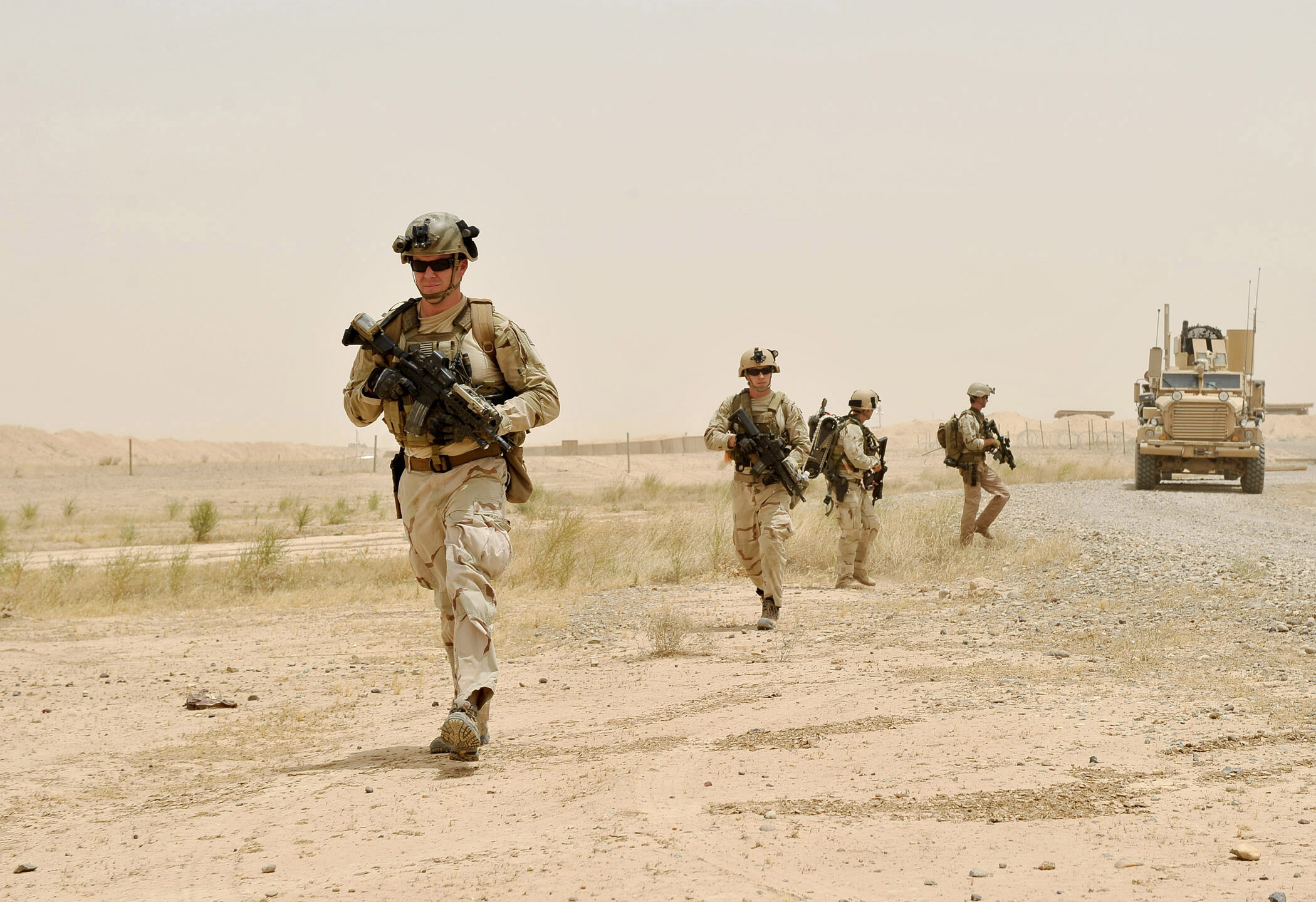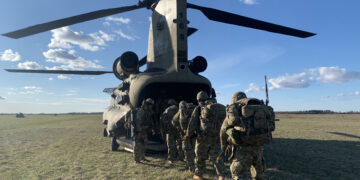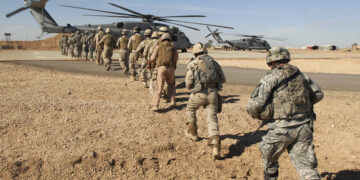After negotiating for most of the year, U.S. and Iraqi officials finally reached a deal on Friday over the U.S. presence in Iraq—one that is frankly long overdue.
Although U.S. officials insist that Washington won’t be pulling all 2,500 troops out of the country and are hesitant to use the term “withdrawal,” the U.S. will be thinning out its deployment over the next two years. According to the two-phase plan presented on Sept. 27, the U.S.-backed counter-Islamic State (IS) mission in Iraq will formally end by September 2025 and remove U.S. troops from certain bases in the country. In the second phase, Iraq has agreed to allow the U.S. military to continue using Iraq to support ongoing operations against IS in neighboring Syria, where some 900 American troops are based, through 2026, the Associated Press reported.
The announcement is likely to calm those in the national security establishment—lawmakers, commentators, and former generals alike—who are forever petrified about a full U.S. withdrawal and quick to argue it would be dangerous to U.S. interests. Earlier this month, House Armed Services Committee Chairman Mike Rogers wrote on X, “Withdrawing from Iraq in this way would benefit and embolden Iran and ISIS. I am deeply concerned about the impacts such a decision would have on our national security.” Retired Gen. Joseph Votel, a former commander of U.S. forces in the Middle East, also claimed that a U.S. departure would inevitably cause IS to resurge as it seeks to fill the vacuum left behind.
But these critiques don’t hold up to scrutiny. The U.S. needs a clean break, not a conditions-based transition that could extend its mission for years to come. (The Biden Administration has refused to provide details on how many U.S. troops will remain in Iraq.)
More on Middle East

By Peter Harris
February 1, 2026
Events on Iraq








